Lorenzo de' Medici, also known as Lorenzo the Magnificent,born in 1449 in Florence, was a statesman, lord and patron of the arts and letters, probably one of the brightest men that Italian culture can remember.
He ruled over the city with his younger brother Giuliano, from 1469 to 1478 and, after the latter's assassination, alone until 1492.
Do you know his story?
Historian Gucciardini called Lorenzo: "Delicious tyrant." Florence was at the time a constitutional republic, at least on paper.
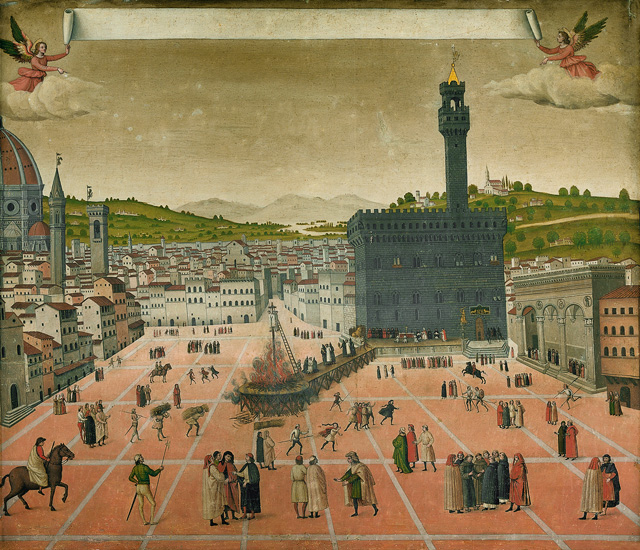
In reality, the Medici had effectively (albeit not officially) ruled the city for a century, using their money and influence to sustain their power. The first Medici to do so was Cosimo the Elder, Lorenzo's grandfather and the latter looked a lot like him.
Ambitious for both himself and his city, he was a skilled diplomat who managed to become "the needle of the balance in politics in Europe".
- Brilliant throughout, almost irritating
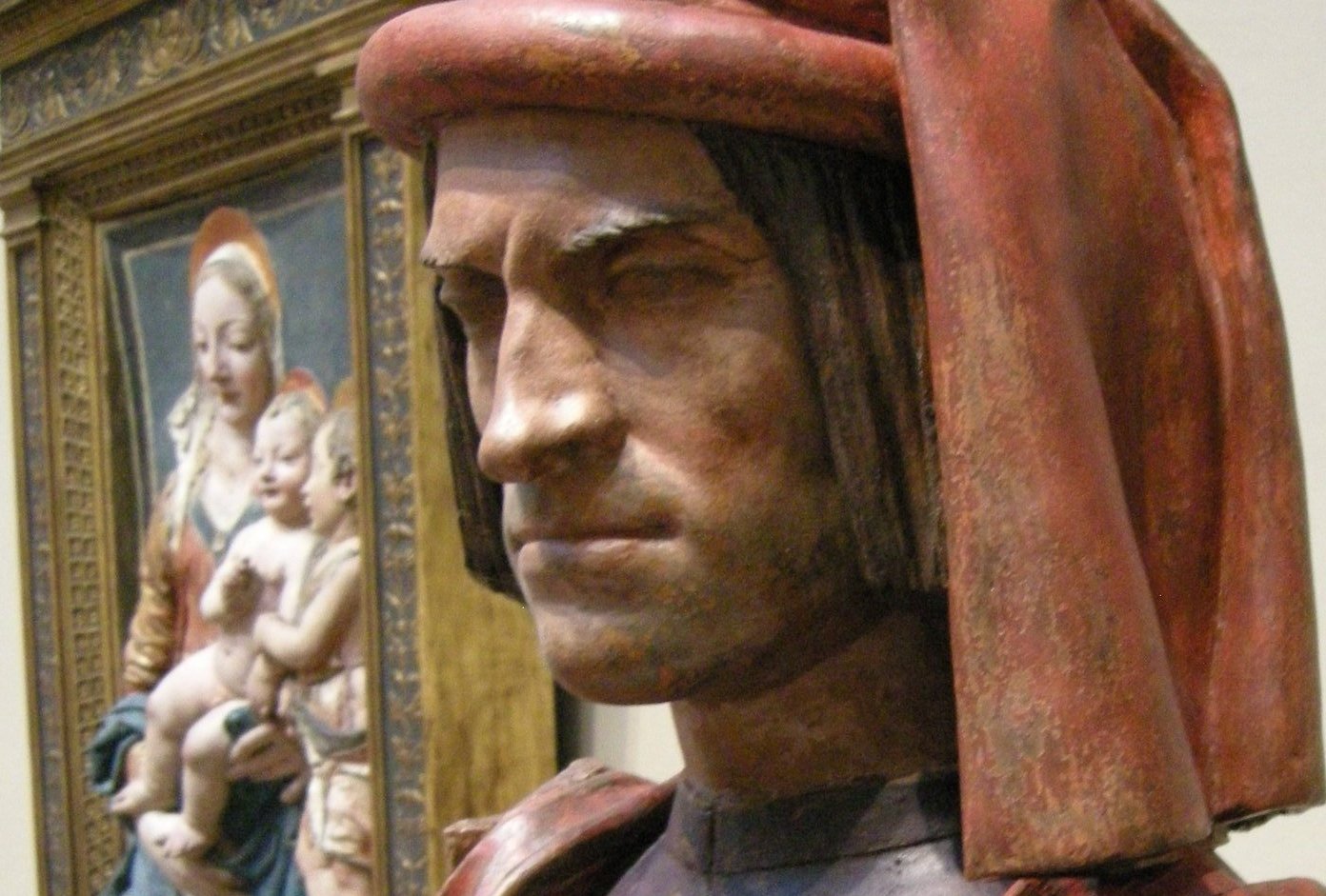
Lorenzo was in the order: a poet, a cetra player, a brilliant statesman, a seducer of women, an incredible patron... and we could continue this long list. Of course, it wasn't beautiful, but that wasn't important.
As a young man he was described as a boy with such charm and self-confidence that women and men were as driven to want him next to him: this decreed over time its success in both public and private life.
A curiosity. Lorenzo lacked something else: smell. Of all the pleasures he could enjoy, the scents and aromas were not included.
- A youth too short
How beautiful youth
That escapes however!
Who wants to be happy, be;
There's no certainty.
How beautiful is youth, which ended so soon,
let the one who would be happy, taste the moment,
because tomorrow will never come ...
(poetry by Lorenzo de 'Medici)
He was married for only six months when his father died in 1469: Lorenzo was 20 years old. A delegation came to see him and they decided that together with his younger brother Giuliano, they would take over from their father in the leadership of the city. An exception would have been made to the normal age requirement of 45 years, as the biggest concern was to avoid causing public unrest.
The young man accepted, earning him the title of " Magnificent Harvest ".
His precious youth was over.
- The Mad Men's Conspiracy
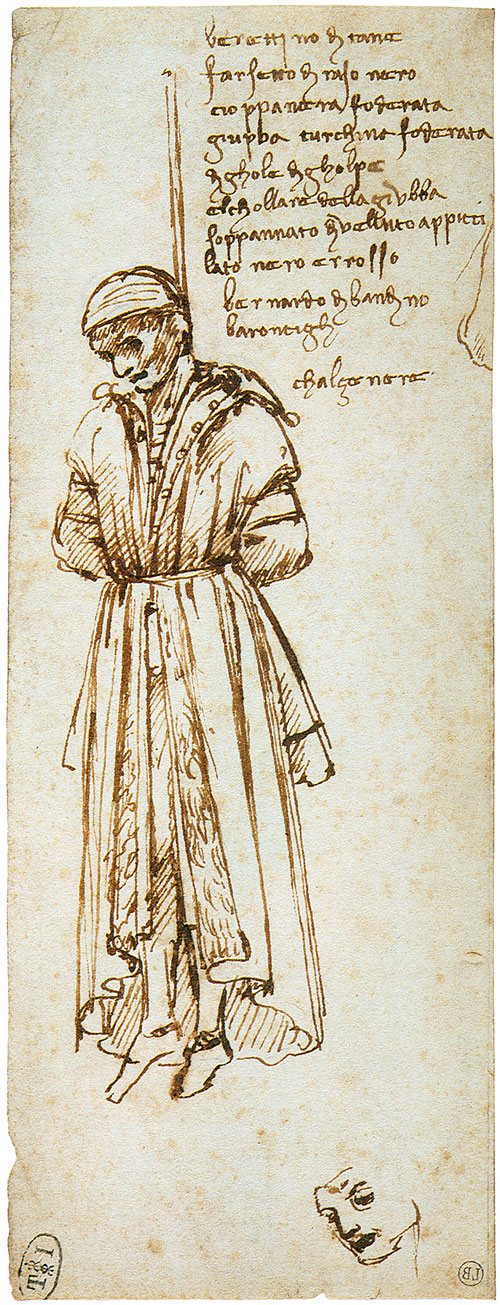
For about 10 years, the city of Florence did not suffer major jolts, but 1478 caused a sudden shock. The mad family, rich bankers of the time, had long been intent on taking power out of the hands of the Medici. They decided to assassinate Lorenzo and Giuliano in the cathedral of Santa Maria del Fiore during Easter Mass on April 26: Julian was actually killed in front of the altar, the unfortunate suffered even 19 stab wounds, but Lorenzo managed to take refuge in the sacrisa.
The Magnificent retaliated fiercely by hanging each of the conspirators; never fully recovered from this loss: the brothers had reached a relationship made of complementarity difficult to replicate.
- An incredible patron
His support for the arts was legendary: he was a strong supporter of the neoplatonic ideal that man, through beauty, could elevate his soul, breaking with the tradition of seeing God as an artist and man only able to copy.
It can safely be said that the idea of Renaissance Man is his own invention: it is no coincidence that in this period the concept of genius takes hold.
Lorenzo did everything possible to promote the skills of all those around him: even it is due to him the creation of an Academy of beautiful ante-litteram arts,the Garden of St. Mark where young talents in the field of the arts could study works and artistic techniques, copying the collections of ancient art owned by Medici.
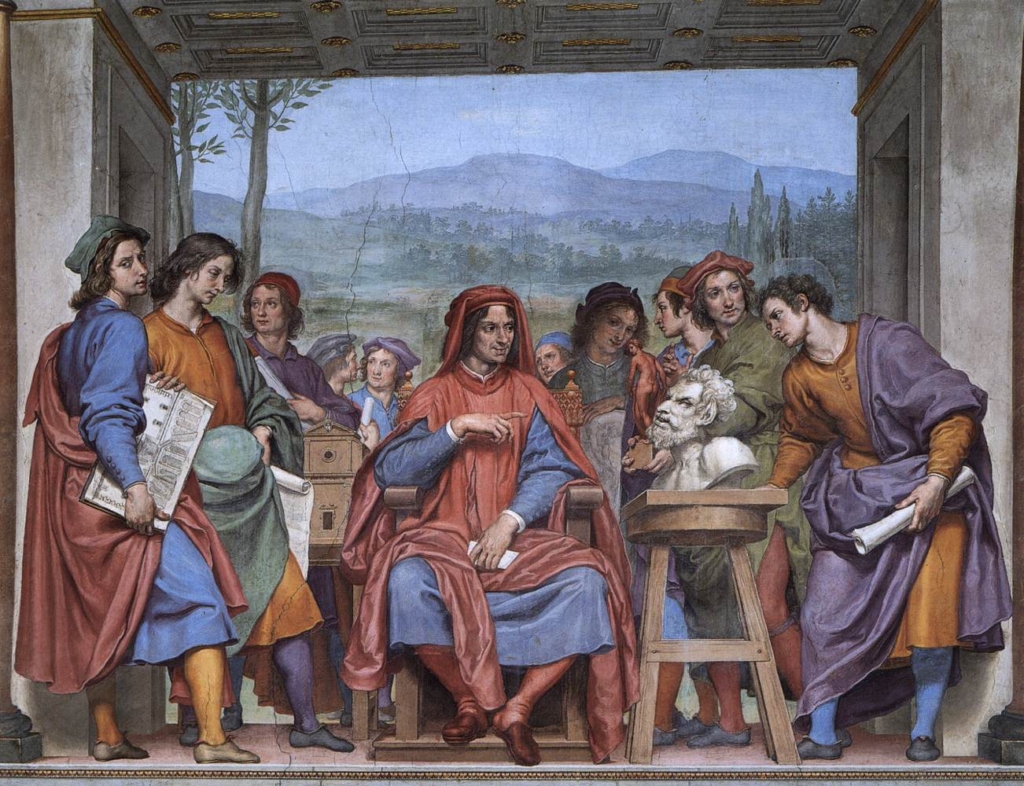
It was here that Lorenzo discovered the talent of Michelangelo,who took in his house and supported him as a son and artist.
- Decline
On the recommendation of Pico della Mirandola, Lorenzo allowed the Dominican monk Jerome Savonarola to preach at San Marco in 1490.
On 1 August of the same year the latter went to the pulpit and launched a deluge of complaints against the Medici, the papacy and all Christianity. The Florentines, who had probably grown tired of a whole series of situations, listened with great participation to his appeals to asceticism and his appalling prophecies, including the imminent death of the "tyrant".
Of all, this was easily foreseeable as the Magnificent's health had long been undermined and secrecy about this fact had not been maintained.
- Death
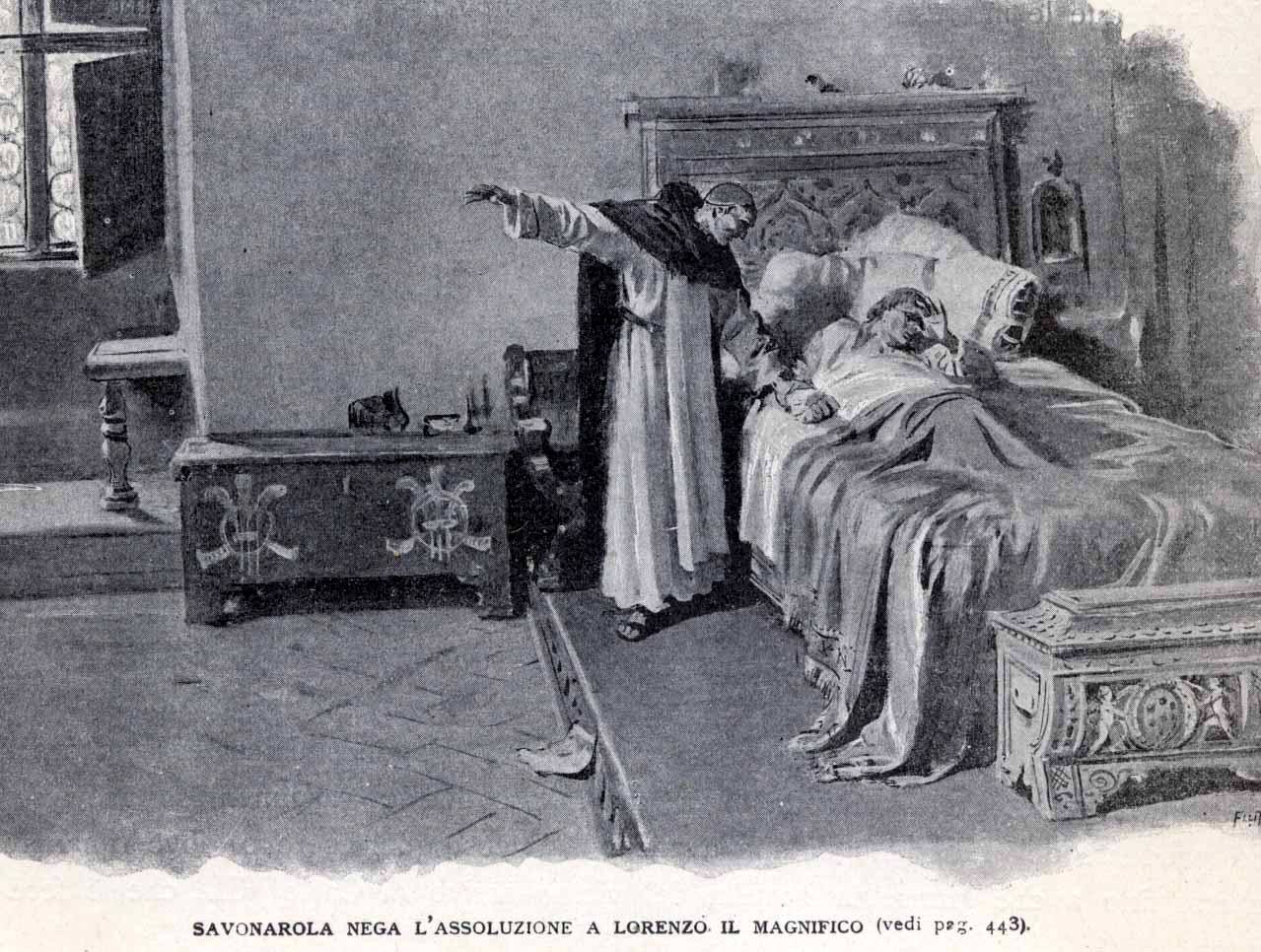
Lorenzo died in 1492 at the age of 43, succumbing to the hereditary disease of the Medici family, gout. When he realized that death was near, he was transported to Careggi: on April 5, lightning struck the Cathedral of Florence, and one of the marble spheres on its summit crashed to the ground. Lorenzo wanted to know which way the ball had fallen. When he was told, he replied, "I will die, because that is the side closest to my house."
Three days later he went into a coma and died: he was later buried next to his brother, in Michelangelo's sumptuous Sagrestia Nuova.
"WhatI dreamed in an hour is worth more than what you did in four."
An overpowering politician able to extricate himself at the best in the very complicated diplomatic plots of Italy of his time, admirable poet poured as the abundant production of Rime prove, Lorenzo the Magnificent died just as a new historical era was beginning.
Six months later Christopher Columbus would reach the New World and two years later the mad expedition of King French Charles VIII would plunge the peninsula into a century of war and conflict.
Image source: wikipedia, cultured travellers, remocontro, endoxai.net










 Map
Map